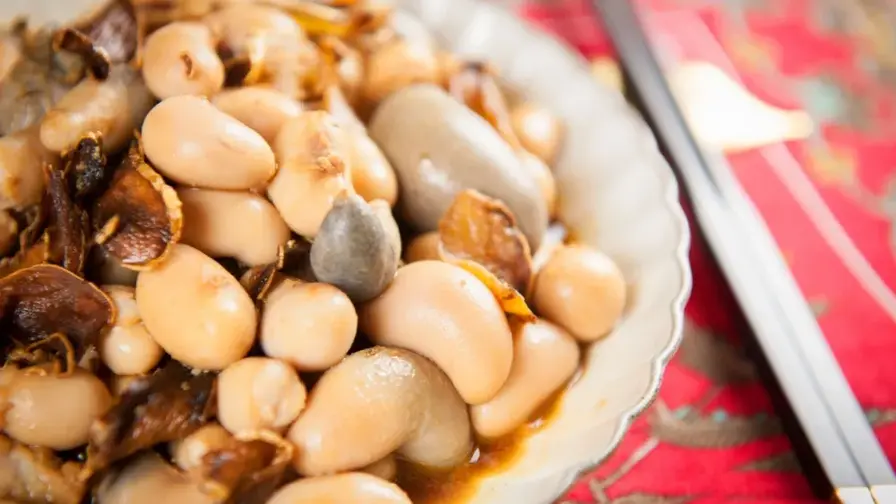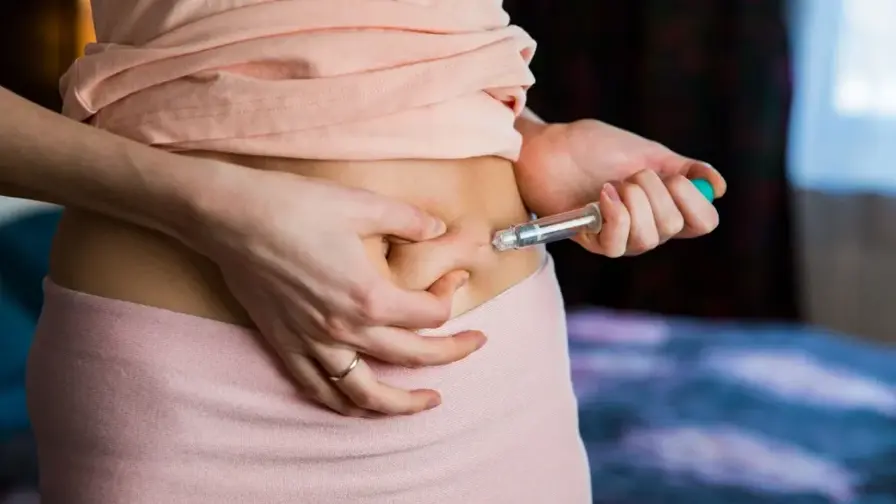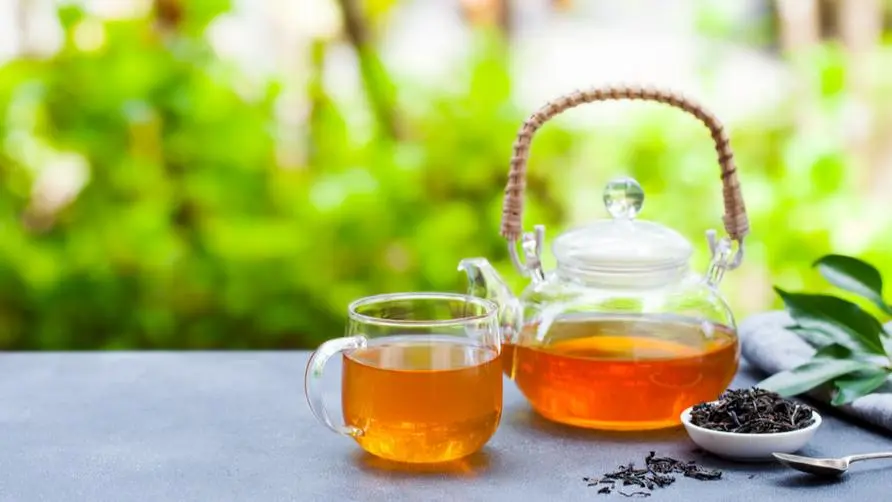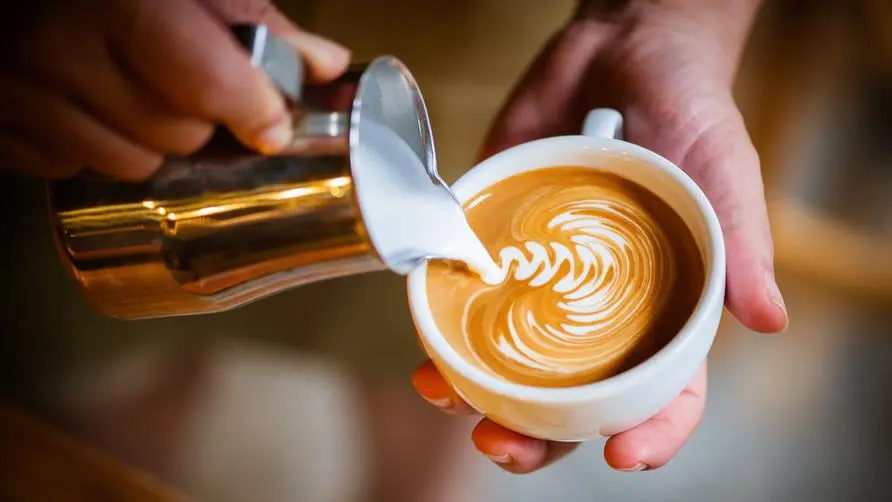Overeating at the end of the year is the worst thing for cardiovascular disease! Research reveals: Drinking a drink after a meal has a protective effect on blood vessels

Year-end dinner parties are coming one after another, and if you are not careful, you can easily fall into a “crazy” eating crisis. A study published in “Food & Function” pointed out that after drinking a “cocoa drink” after a big meal, the subjects’ vasodilation function was significantly improved, and they were expected to recover from stress faster. In addition, similar cardiovascular benefits can be obtained by drinking green tea or consuming berries in moderation after a meal.
Drinking “cocoa drinks” after overeating at the end of the year: Study reveals: It has a protective effect on blood vessels
The University of Birmingham in the UK recruited 23 healthy subjects, aged between 19 and 35 years old. Subjects were asked to fast for 12 hours before each test and to avoid alcohol, caffeine or flavanol-rich foods and strenuous exercise for 24 hours. The research team also measured the subjects’ vascular function, brain oxygenation, forearm blood flow, blood pressure, cardiovascular activity and mood changes to understand the impact of consuming high-flavanol cocoa on psychological stress after a high-fat meal.
The research team initially divided the subjects into two groups: the experimental group consumed cocoa drinks with a high content of epicatechin (a type of flavanol). Each serving contained 150 mg of epicatechin and 695 mg of Total flavanols (flavanol); the control group consumed cocoa products with low epicatechin. The contents of epicatechin and total flavanols were less than 6 mg and 5.6 mg respectively. The caffeine and Theobromine content is the same.
The two major groups mentioned above both consumed a high-fat meal during the experiment, including 2 butter croissants, 10 grams of salted butter, 1.5 slices of cheddar cheese and 250 ml of whole milk. They also consumed high-fat meals and cocoa. After drinking, they all performed an 8-minute psychological stress task.
The analysis results showed that the measurement value of brachial artery blood flow-mediated vasodilation (FMD) in the experimental group did not change significantly 30 minutes after performing the stress task, but increased by 1.37% after 90 minutes; while in the control group, the measurement value after the psychological stress test At 30 minutes and 90 minutes, the FMD value decreased by 1.29% and 1.11% respectively, indicating that the vascular endothelial function was damaged.
The four major cardiovascular benefits of flavanols are significant antioxidant and anti-inflammatory effects.
Study author Catarina Rendeiro, Ph.D., said FMD is a measure of endothelial function, which refers to the ability of arteries to dilate when blood flow increases. The higher the FMD value, the better the endothelial function and the health of the blood vessels. In general, flavanols can promote the activation of endothelial nitric oxide synthase (eNOS) by activating signaling pathways such as PI3K/Akt and PKA, thereby increasing nitric oxide production.
Furthermore, flavanols can reduce the production of “endothelin-1” (ET-1), a powerful vasoconstrictor that counteracts the vasodilation effect of nitric oxide. Flavanols also have antioxidant effects, helping to scavenge free radicals and reduce oxidative stress damage to blood vessels. Finally, flavanols have anti-inflammatory effects, which can inhibit inflammatory reactions and protect vascular endothelial cells.
Flavanols help reduce emotional stress after meals. Green tea and berries have similar effects.
Dr. Rendeiro pointed out that in this study, it was also found that the intake of high-fat foods is related to increased psychological stress, and psychological stress can easily cause a decrease in vasodilation function. Multiple studies have confirmed that long-term stress is associated with an increased risk of cardiovascular disease; for example, people with higher work pressure have a 40% higher risk of cardiovascular disease than those with less stress.
However, although drinking high-epicatechin cocoa drinks can help improve vasodilation function, no obvious improvement effect has been observed for some indicators. For example, the oxygenation of the prefrontal cortex of the brain of the subject will still increase; No significant differences were found in data related to emotional parameters (the subject’s emotional state at different time points), carotid artery blood flow and diameter, and cardiovascular response.
Dr. Rendeiro believes that this study still has limitations, such as insufficient sample size, individual differences in metabolism of high-fat meals, and too single a group of subjects. In addition, low-fat cocoa drinks are not the only ones that have cardiovascular benefits. Taking 5.5 tablespoons of unprocessed cocoa powder (related products such as dark chocolate), 2 cups of green tea and 300 grams of berries is expected to achieve similar effects to cocoa drinks.
Source:
Further reading:





